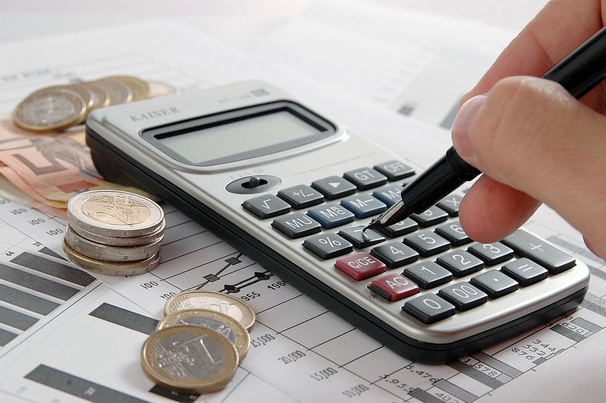There comes a day in every month that you review your earnings and your expenses. Naturally, what you’re aiming for is to have more income coming in rather than out of your budget, and then suddenly you just realise that your expenses for that month exceeds the earnings you made. This becomes really frustrating, because we all want to have a definite and established budgeting system, and of course, we want to save up for our future. It becomes a pain once we find out in detail how spending $40 on that dinner wasn’t really worth it, because you’re finding it hard to budget your earnings, therefore, making you financially unstable.

Sticking to your budget is hard and never easy, but trust me, it’s possible. It just takes a lot of willpower and discipline to make sure that your monthly budget is being followed, and that your earnings and savings can meet your expectations. If you are one of the many people who find it hard to budget their income and save up for their future, it’s best that you read on so that you’ll be able to determine some ways on how to budget properly.
Rely on technology.
Some may say, “what?”. But yes, technology can be your ally here. A lot of software offers budgeting programs, as well as apps that can help you tabulate your list of earnings and expenses. Don’t be afraid of too much technology, they help us function and help us keep on track with our income. Not only is it convenient, it makes things organised, too.
Dig out financial records and other income records.
IF you happen to have a financial record lying about somewhere inside the house, get it. You would need it for future(and old) reference, making you get an accurate view of how you can be able to budget your income wisely. This will include bills, bank statements, receipts, and other regular expenses that you may have had. A record of income like a pay slip will inform you on how much you are earning, so make sure you always keep it for future references.
A litany of expenses.
Now that you have your information straight with all your financial records and income record, it’s time to list down all your expenses during a one-month period. It’s better that you list them down as soon as you buy them or get paid, so that you’re sure you’re not forgetting anything. For more organisation, you can divide your list of expenses into two: Fixed and variables. A fixed expense is an expense that does not change its amount every month. Examples are monthly rent, insurance, or mortgage. Variable expenses on the other hard are the expenses that changes in amount, depending on how you use it. For example, credit card payments, electricity, petrol prices, and other amount that is not permanent every month.
Check!
Now that you have lists on your budget, it’s up to you to review if you are earning more than you actually spend. It’s time to evaluate your spending pattern if you cannot save because of the unnecessary spending.
Remember, having a budget and being able to follow it faithfully can sure reap in a lot of benefits. Make sure you budget your income every month!
The author banks with www.firstcreditunion.co.nz, and uses www.xero.com/personal/ to keep track of his spending.


I am a fan of interactive online tools that are simple to use, helps me recognize my variable expense and how I can manipulate them to benefit other areas, and is free!
http://www.clearpointcreditcounselingsolutions.org/build-a-budget-calculator/